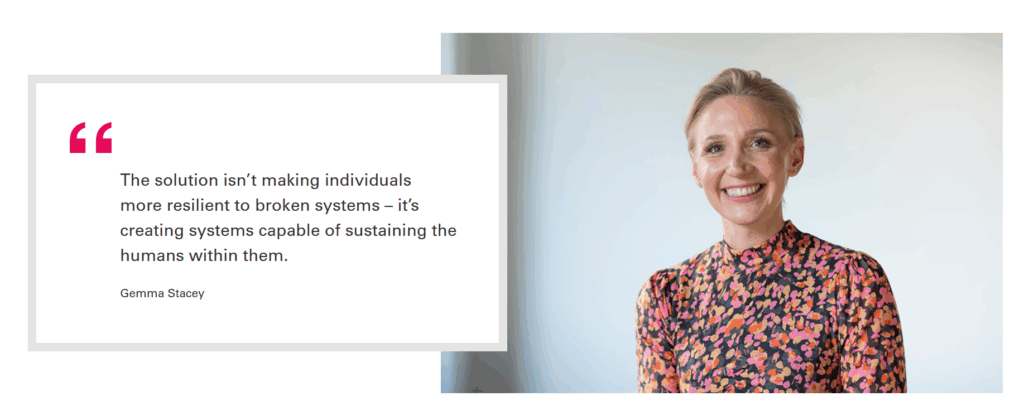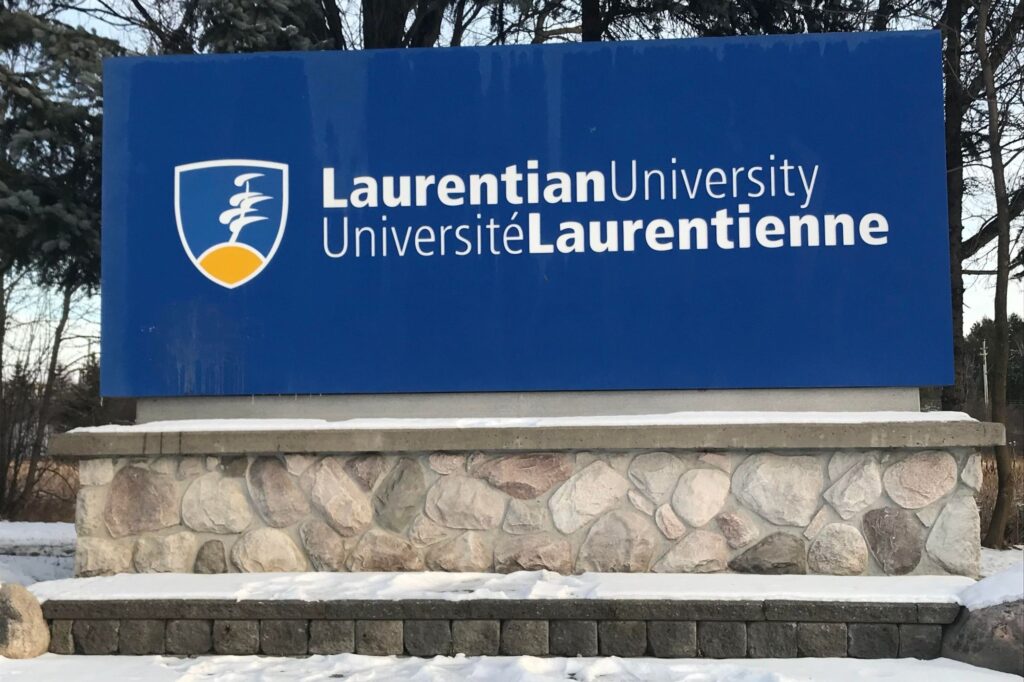
- Aston University researchers send data at 430 terabits a second (Tb/s) over standard telecom fibre
- Researchers from the Aston Institute of Photonic Technologies are part of an international team based in Japan
- In their latest demonstration the team broke their own earlier record using nearly 20% less overall bandwidth.
Aston University researchers are part of the team that sent data over the internet at the world record rate of 430 terabits a second (Tb/s) over standard telecom fibre. A basic home connection is just10 megabits per second.
Dr Aleksandr Donodin and Professor Sergei Turitsyn from the Aston Institute of Photonic Technologies (AIPT) are part of an international team, led by Japan’s National Institute of Information and Communications Technology (NICT). AIPT researchers were also part of the team holding the previous world record of data transmission of standard fibre at 402 Tb/s.
In their latest demonstration the team led by NICT broke their own record using nearly 20% less overall bandwidth, resulting in a simpler system design proving that the existing infrastructure can be further improved without costly upgrades.
The new method is based on standard optical fibre technology that is widely installed in commercial fibre networks. In over five billion kilometres of fibre-optic cable deployed around the globe the lion’s share is based on single-mode fibre. The technique has the potential to be applied where standard telecom fibre is already installed. This would include urban area networks and data centres interconnects (the technology used to connect two or more data centres to share data and resources) where high-capacity connections are increasingly in demand.
The technique can offer more capacity without deployment of new fibre or much wider spectral bandwidth. In addition, it could be cheaper and more efficient as cables that are already in the ground could be used, rather than digging up streets to install new ones and upgrades could happen faster.
Dr. Donodin said: “New technology can offer more capacity without needing new fibre. It extends the capacity of standard-compliant cutoff-shifted optical fibres well beyond the original design. Wavelengths below the cutoff point allow us to transmit data separately in different modes, which leads to significant increase of spectral efficiency. In this work we performed 3-mode transmission in the O-band while transmitting data in the fundamental mode in ESCL-bands.
“Compared to our earlier 402 Tb/s work, this new approach shows that we don’t always need more and more spectrum to increase capacity – we can improve how efficiently we use it.”
New, data-driven internet services, including AI, have driven a surge in demand for optical fibre transmission bandwidth. NICT is to continue its research and aims to extend the transmission range of wideband, ultra-high-capacity systems and their compatibility for fibres already in use.
Their findings were reported as a post deadline paper at the 51st European Conference on Optical Communication (ECOC) 2025 in Denmark on 2 October and was partly supported by the Japan-Germany Beyond 5G/6G collaboration initiative.
The twelve international collaborators are NICT (Japan), Aston University (UK), Fraunhofer Heinrich-Hertz-Institut (Germany), Eindhoven University of Technology (Netherlands), Politecnico di Milano and University of L’Aquila (Italy), University of Campinas (Brazil), University of Stuttgart (Germany), Sumitomo Electric Industries Ltd. (Japan), Macquarie University and Modular Photonics (Australia) and Nokia Bell Labs (USA).
Aston University research in this area is supported by the EPSRC Programme grant TRANSNET, Dr Donodin has been supported by Department for Science, Innovation and Technology and the Royal Academy of Engineering under the research fellowships.











